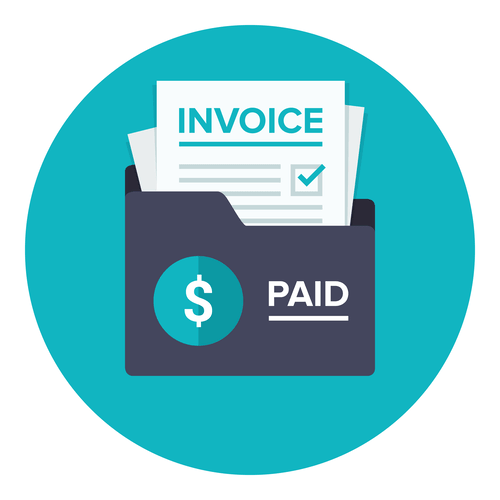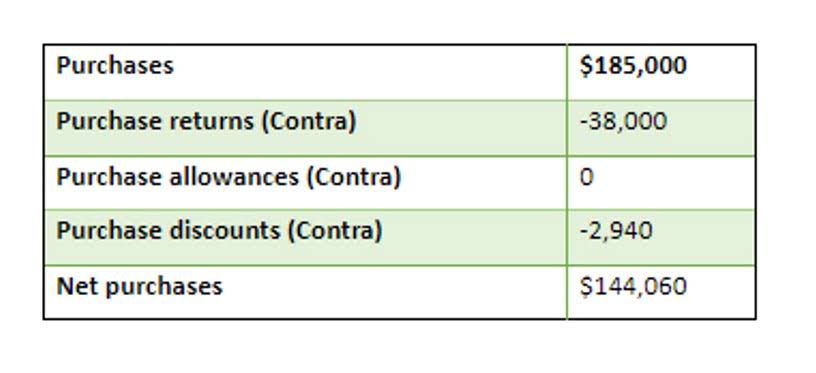
It’s the basis of accurate financial reporting, smart financial planning, and smooth tax preparation. Good bookkeeping means you’re never in the dark about your business’s example of small business bookkeeping financial position or worried about compliance. Sitting down to sort through receipts, record expenses, or update your chart of accounts is probably the last thing on your mind. Without solid bookkeeping systems in place, it’s difficult to know whether you’re even profitable, let alone compliant with tax and reporting rules.
- GAAP stands for Generally Accepted Accounting Principles, which are the best methods you can use to track and manage your business financials.
- If they creep up too heavily, it can take much longer to correct them and prevent losses in the long term.
- Never leave the practice of bookkeeping (or your business assets) to chance.
- Rippling lets you offload critical admin work for payroll, benefits, compliance, IT, and finance, helping your small business or startup grow fast and stay lean.
- You can figure both your direct and indirect costs by performing a cost assignment to each type of good you produce or service you provide.
- You may find yourself working closely with their tax preparer, and together, you can provide outstanding service to your mutual clients.
Set up your general ledger

You should also browse the chart of accounts and make sure it’s organized in a way that makes sense for your business. Another crucial decision for your books is whether you’ll run your books on a cash basis or with an accrual method. With cash basis accounting, you’ll input transactions every time you spend or receive money. Even if you anticipate receiving payments from a client, you won’t record transactions for that client until you receive the money.
Choose What Services You’ll Offer

Popular accounting software like FreshBooks offers all the basic features you need for any business’ bookkeeping. You can check for small business packages that use simple templates for all financial documents. Danielle Bauter has 25 years of experience as a Full-Charge Bookkeeper and has owned her own bookkeeping and payroll service for over two decades, working with various accounting software. Because of the relatively low overhead costs, bookkeeping businesses can be profitable if they have a steady flow of clients and can manage their expenses effectively. The profitability of the business also depends on its size, the number of clients, the level of competition in the market, and the pricing strategy.

Getting Financing for Your Company
Discover the different options available to you, and why it’s so important to keep detailed financial records. Even if you aren’t planning on growing any time soon, you need to have a sense of how much money is coming in versus what is going out. On top of that, you need the data used in bookkeeping to file your taxes accurately. Once the entries are assigned to the correct accounts, you can post them to the general ledger to get a bird’s-eye view https://www.bookstime.com/articles/contribution-margin-income-statement of your current cash status. Most accounting software does this for you, so you don’t need to worry about an extra step. Though often confused for each other, there are key differences between bookkeeping and accounting.
Bookkeeping basics: A guide for small businesses
- You can also learn how to use Excel to keep your books or create your business budget with Google sheets.
- This is a highly recommended method because it tells the company’s financial status based on known incoming and outgoing funds.
- To understand better who has paid and who still needs to pay, business owners must incorporate a system for accounts receivable, or how the company gets paid for delivering goods and services.
- If you decide to extend credit to customers, you will need a consistent system of creating and sending invoices.
Bookkeeping isn’t just part of that bookkeeping process; it’s the foundation of financial success. It’s wise to make and record sales transactions on time, every time, and allow the accounting system to use the payment terms to calculate customer receivable due dates. The calculated due dates will appear on sales invoices, so the customers can be informed of the expected payment deadline. QuickBooks Online users can choose QuickBooks Live Bookkeeping to get year-round access to verified experts who are focused on their success. From the start, business owners can get personalized answers to questions and spend less time on their books.
Why do small businesses need bookkeeping?

This saves you from tracking important financial information for the end of the fiscal period at the last-minute. With proper bookkeeping, you can determine the types of taxes and calculate the amount payable in advance. It will be even easier to keep your records organized, stay on top of time management, send out invoices, and more in a cloud-based accounting software like QuickBooks Online. Bookkeeping focuses on recording and organizing financial data, including tasks such as invoicing, billing, payroll and reconciling transactions. Accounting is the interpretation and presentation of that financial data, including aspects such as tax returns, auditing and analyzing performance. As a business owner, it is important to understand your company’s financial health.